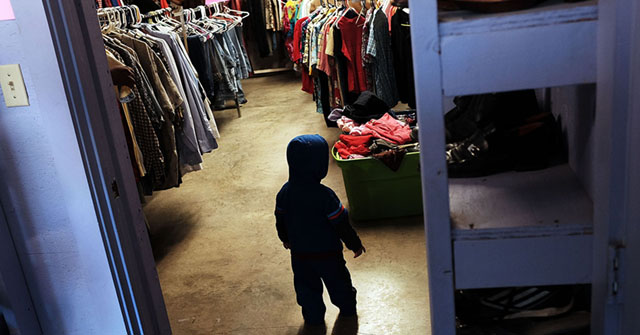Peterson Foundation Statement on Tax Cuts 2.0

NEW YORK — Michael A. Peterson, Chairman and CEO of the Peter G. Peterson Foundation, commented today on “Tax Cuts 2.0,” a new round of deficit-financed tax legislation considered this week in the U.S. House of Representatives. Peterson said:
“Tax Cuts 2.0 is a fitting name, because this bill would add more than $2.0 trillion to our national debt over 10 years once it kicks in. This is on top of the $1.5 trillion in unpaid for tax cuts enacted last December.
“The reason that these provisions were not made permanent in the original legislation is because lawmakers wanted to reduce the fiscal damage. Making the damage permanent would have been as irresponsible then as it is now. What has changed since then, other than even greater deficits?
“The national debt is already at historically high levels, and will grow dramatically in the years ahead. Interest costs have become the fastest growing ‘program’ in the federal budget, and will become the third largest in less than 10 years.
“With our economy growing and unemployment low, now is the right time to get our fiscal house in order, instead the U.S. is the only developed country in the world whose debt-to-GDP ratio is growing.
“Congress should absolutely take another look at tax reform and fiscal policy, but it should be part of an effort to make our fiscal outlook more sustainable, not less.”
Background on “Tax Cuts 2.0”
- The most expensive provisions of the three tax bills under consideration begin to take effect in 2026, when certain tax provisions from the December 2017 legislation expire.
- According to the Joint Committee on Taxation, the bills would add $634 billion to the national debt between 2026 and 2028 (not including additional interest costs).
- The Tax Policy Center estimates that in the second decade (between 2029 and 2038) the bills would add $3.2 trillion to the national debt (excluding interest).
Further Reading
What Are the Economic Costs of Child Poverty?
Child poverty is higher in the United States than in other wealthy countries. Studies show that it has quantifiable economic costs.
Budget Basics: Unemployment Insurance Explained
The Unemployment Insurance program is a key counter-cyclical tool to help stabilize the economy and speed recovery during downturns or crises.
Quiz: How Much Do You Know About Healthcare in the United States?
The United States has one of the largest and most complex healthcare systems in the world. Take our healthcare quiz to see how much you know about the cost and quality of the U.S. healthcare system.


